PAVE raised concern today about the underlying assumptions of a new study by the Insurance Institute for Highway Safety (IIHS) that asserted that AVs would prevent only 34% of current road deaths.
PAVE’s statement follows:
“The IIHS study helps provide better insight into the causes of road crashes, but falls short in its application of these insights to autonomous vehicles by assuming that superior perception and the ability to avoid incapacitation are the only ways in which autonomous vehicles can improve on human driving performance. This is simply not the case.
“One of the great advantages of autonomous vehicles is that their behavior can be programmed to never speed or break traffic laws, behaviors that this study blames for 38% of crashes. The assumption that these behaviors could be altered by passengers in ways that so dramatically reduce safety is inconsistent with what our members tell us about the culture they bring to AV development, as well as the goals and practices of their development programs. Absent the assumption that AVs will speed and break the law, the study itself assumes that AVs would prevent 72% of road crashes, which is far closer to the technology’s real potential than the 34% number that is already being widely reported in media headlines.
“Autonomous driving is a complex and often-speculative topic, so it’s important to recognize that we can only guess at its ultimate impact. For this reason, it’s especially important to acknowledge the assumptions and nuance in studies like this one from IIHS, and not simply highlight the most attention-grabbing result. PAVE is always ready to partner with our media friends to further our shared interest in quality public education about this important technology.”
Also see our PAVE blog post that provides a more detailed reaction to the study.
June 4, 2020
 PAVE US
PAVE US PAVE EUROPE
PAVE EUROPE PAVE UK
PAVE UK

